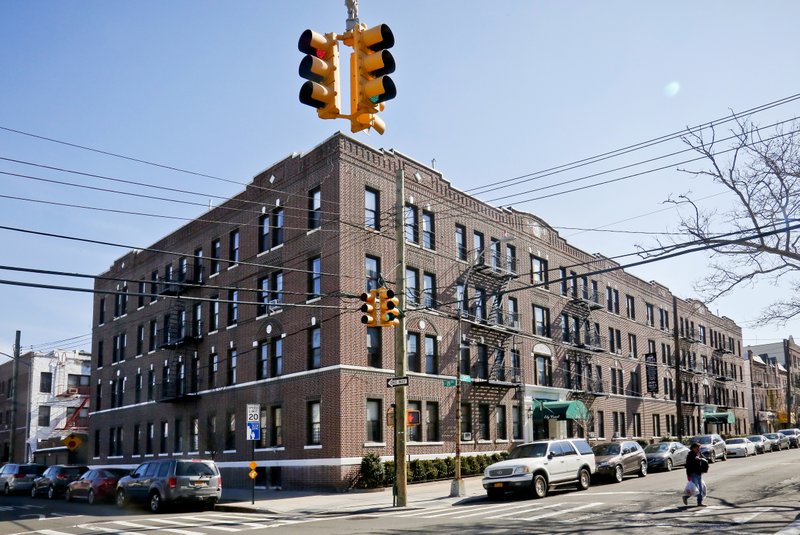By Hellen Zaboulani
At the Rent Guidelines Board hearing on Thursday, the New York City’s landlord groups recommended up to 5% rent increases for stabilized apartments. The landlord group said the hike would be necessary due to increased costs.
As per Crain’s NY, costs for buildings that contain rent-stabilized apartments is projected to increase 2.4 percent between April 2020 and March 2021, as per the RGB report. Furthermore, property tax costs, which account for over 31 percent of unit’s total costs, are going up. The Real Estate Board of New York is recommending rent hikes of 3.9 percent or more for one-year renewals and new leases.
The Rent Stabilization Association, which is the largest in NYC and represents 25,000 landlords responsible for a million rent-stabilized apartments, recommended less aggressive rent increases, of between 2 to 4 percent on one-year leases, and increases of 3 to 5 percent on two-year leases. “This range of rent guidelines . . . enables owners to recover from last year’s rent freeze and the draconian changes to the state’s rent laws of 2019 that deny landlords the revenue they need to upgrade and maintain their buildings and apartments,” said Vito Signorile, RSA’s VP of communications.
A study published by the Rent Guidelines Board on April 22 revealed that rent increases between 2% and 2.75% for one-year leases and between 2.4% and 5.75% for two-year leases would be sufficient to help property owners grappling with rising expenditures. The REBNY, however, responded that the landlord expense data in the study doesn’t include costs incurred due to Covid-19 protocols, such as enhanced cleaning and PPE. “During this time of crisis, property owners have gone above and beyond in meeting their responsibility of providing quality and safe housing for their residents,” said REBNY. “They continue to and must find ways to cover the increased costs for utilities and maintenance, along with continuing to pay property taxes based on pre-pandemic assessments and collection rates.”
Tenant advocacy group Community Service Society was quick to offer a rebuttal, saying that rents should be frozen to prevent any increases. Representative Kate Ham argued that the federal and local governments already allocated enough funds to help offset losses incurred by landlords for nonpaying tenants. She pointed to $2.3 billion in federal aid and $100 million from the state approved in April for landlords who can prove financial difficulty and agree to a yearlong eviction moratorium as well as a rent freeze.
The RGB will decide on the official rent guideline on June 23, following several hearings and a vote.




